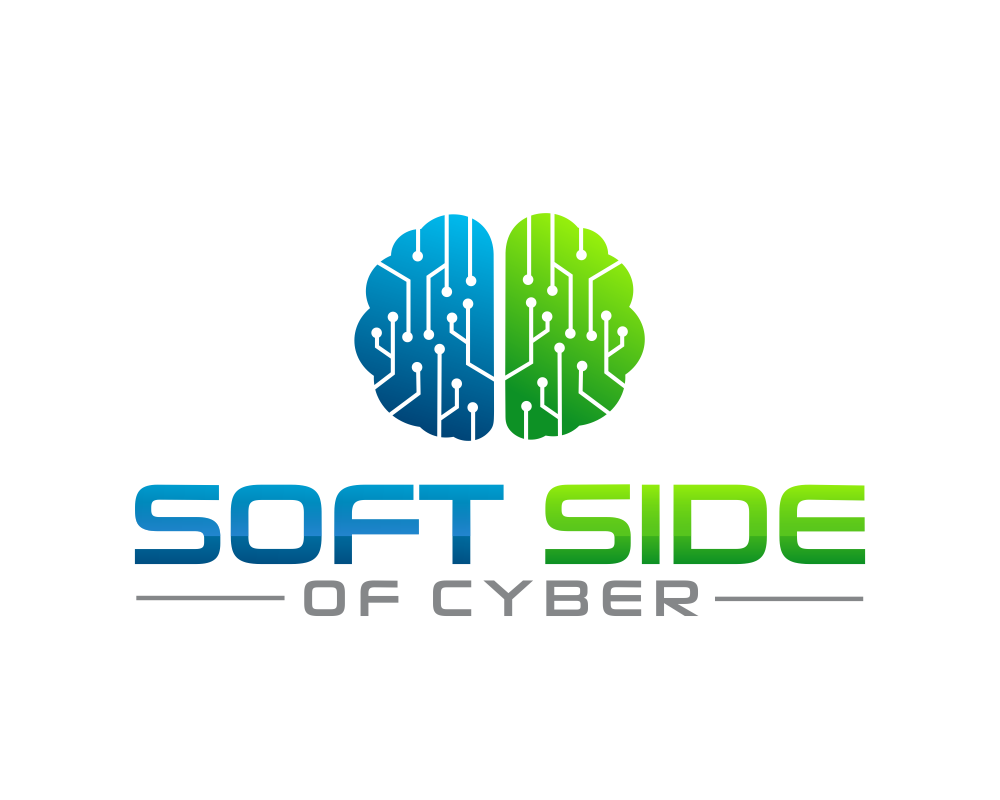
Skip the Exit Interview
And why you should show an interest in your team members before they make the decision to leave.
Every organization's success is heavily tied to the talent it attracts and, more importantly, retains. Periods of time like the Great Resignation underscore the importance of creating a culture that people want to stay and grow in. One common sense, but oftentimes neglected way to do this is to take an active interest in people before they ever decide to look for a new job and ultimately leave.
Traditional Employee Engagement Methods and Why They Suck
Traditional methods have relied on exit interviews to understand an employee's reasons for departure. This is the last mile, everything is done, the employee's potential impact on strategy, culture, or progress is now shut off. It's too late to make any changes that could have convinced them to stay.
In reality, that point where they put in their two-week notice is also too late.
Another thing I see far too often is managers who don't invest in their employee's growth, such as training and exposure to growth opportunities. This speaks to Richard Branson's quote, "Train people well enough so they can leave, treat them well enough, so they don't want to."
Lastly, not to belabor the point, managers have a tendency to treat 1:1 time like another status update. Supervisors do need to know what's going on with work, but that time shouldn't be 100% dedicated to it. Take the time during 1:1's or separately to talk about the employee's feedback, career aspirations, personal goals, and what you can do to help them.
Flip Exit Interviews on Their Head
In an industry as competitive as cybersecurity, where technical and soft skills blend to create effective teams, a different approach is necessary: Entry and Stay Interviews.
I was inspired to write this post after recently reading Adam Grant's LinkedIn post on a stay interview.
An entry interview provides an opportunity to understand your new team member from the very beginning of their journey with your organization. While onboarding processes typically focus on teaching the employee about the company, an entry interview allows the organization to learn about the employee.
Questions like:
- Why are you here?
- What are you hoping to learn?
- What are some of the best projects you've worked on?
- Tell me about the worst boss you've ever had.
All these questions give you insight into their motivations, aspirations, and past experiences. This early understanding allows you to create an environment that motivates them and aligns with their professional growth plans.
The Periodic Stay Interview
A Stay Interview, conducted periodically, is another proactive approach that a manager can take to understand their team's experience. Instead of waiting for dissatisfaction to drive an employee's decision to leave, stay interviews identify potential issues while there's still time to address them. That dissatisfaction can also fester through a disgruntled culture. Neither of these is good for your overall mission.
The Stay Interview should leverage questions such as:
- What has been the defining highlight of your experience here?
- What have been the low lights?
- If you were still here in 5 years, why do you think that would be?
Each question is aimed at helping identify the factors that contribute to job satisfaction and dissatisfaction. More targeted questions, like "What made you consider quitting or transferring?" and "How do we make sure that doesn't happen again?" get to the heart of potential problems before they become insurmountable.
By asking these questions, leaders show employees that their experiences and satisfaction matter. It also shows employees that a leader cares about changing themselves and the environment in service of the people. It emphasizes a commitment to growth, learning, and improvement for everyone involved. These conversations often lead to actionable insights that could result in increased job satisfaction, improved retention rates, and a more positive company culture.
Concluding Thoughts
In the cybersecurity world, where every team member's contribution is critical, taking an active interest in your employees' journey from their entry to their continued stay can make all the difference. Don't wait for the exit interview when the insights gained won't benefit the organization or the departing team member. Besides, it's entirely possible you won't get anything useful or actionable at the time of the Exit Interview anyways. Get proactive, show your team members they're valued, and build an environment that supports their growth and yours.


